Research
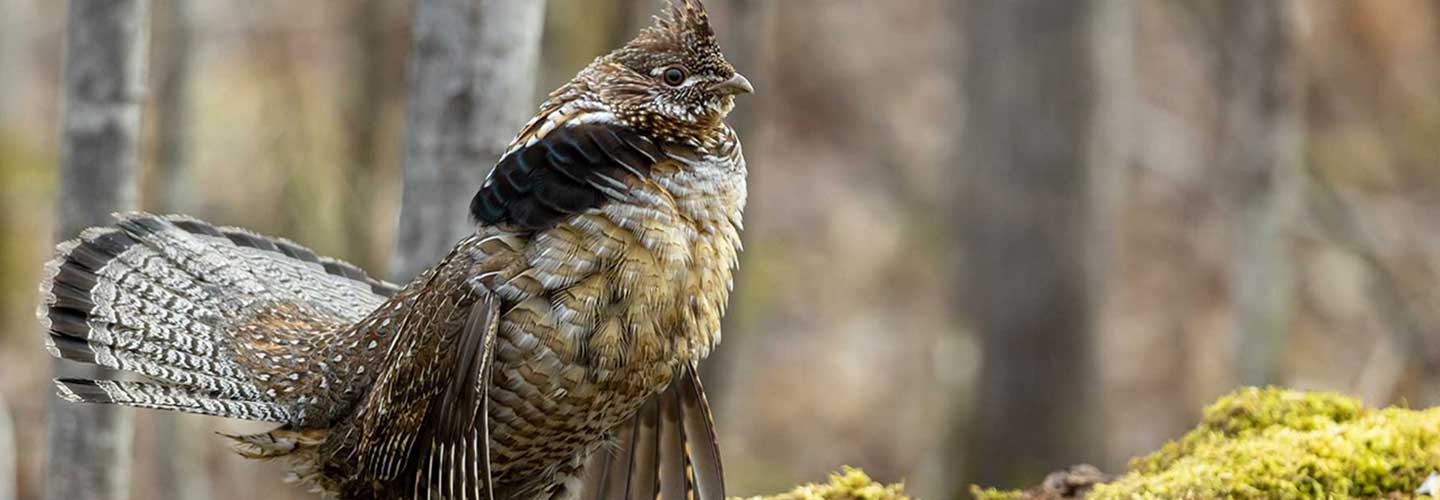
The Wildlife Futures Program is conducting research that informs disease management strategies for the Pennsylvania Game Commission and other partners.
Our research team leads investigations on many different pathogens and threats to wildlife health, including chronic wasting disease and West Nile virus. As a team of researchers with diverse areas of expertise in multiple fields, our personnel regularly contribute to research projects conducted at other institutions.
In addition to the Pennsylvania Game Commission and Penn State University, we also partner with other universities, state, and federal agencies, in our mission to understand, prevent, prepare for, and mitigate threats to wildlife health.
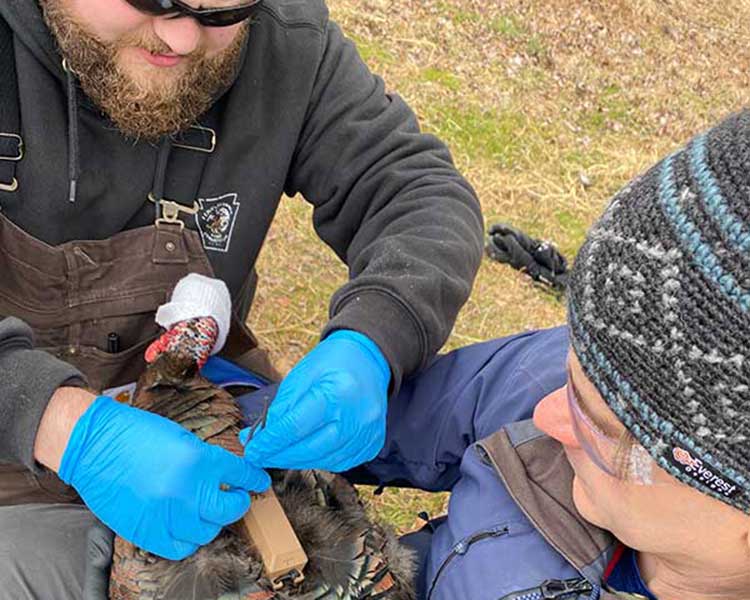
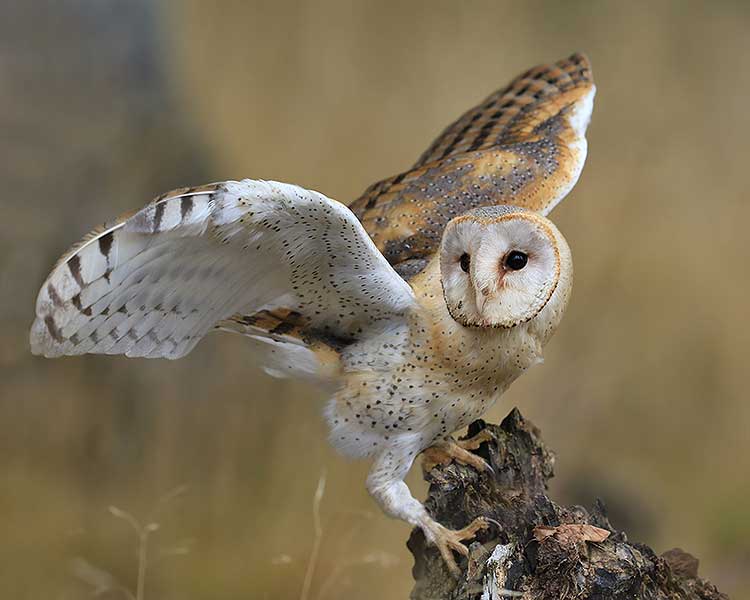
Investigating the impact of diseases and toxins on wildlife populations
Protecting wildlife health starts with understanding the complex challenges posed by diseases and environmental toxins. At Wildlife Futures, we conduct in-depth research into the health threats affecting Pennsylvania’s wildlife, such as the dangers of anticoagulant rodenticides on barn owls and mesocarnivores, the impact of the lymphoproliferative disease virus on turkey populations, the damaging results of chronic wasting disease on Pennsylvania deer, and the effects of West Nile virus on various bird species.
Analyzing the transmission pathways of diseases affecting wildlife health
Researching the transmission pathways of pathogens is crucial for understanding how diseases spread among wildlife. By conducting research such as tracking turkey population movements and examining viral communities in deer respiratory tracts, Wildlife Futures provides essential insights that guide wildlife management strategies to mitigate disease spread across populations.
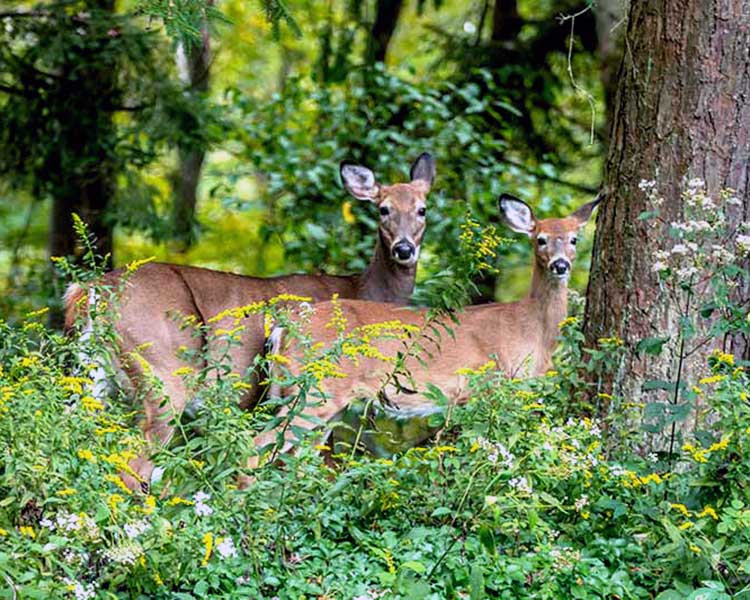
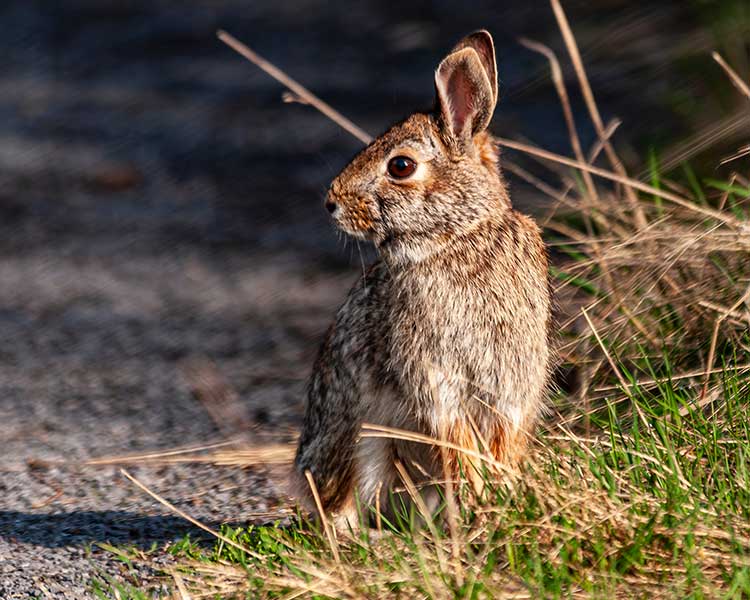
Informing management strategies to reduce the effect of disease on wildlife
As a partnership between Pennsylvania’s only veterinary school and the Pennsylvania Game Commission, Wildlife Futures conducts vital research that informs effective wildlife management. Collaborating closely with state biologists and agency staff, we share findings that illuminate the health status and challenges facing Pennsylvania’s native species.
Exploring the application of working dogs for wildlife research and conservation
A dog’s remarkable sense of smell offers unparalleled opportunities for wildlife conservation. From detecting chronic wasting disease in the feces of deer to identifying suitable habitats for endangered species, the Wildlife Futures’ Conservation K9 team is “sniffing out” innovative conservation applications for working dogs to better enhance wildlife management.
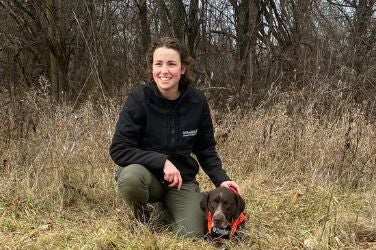
Wildlife Futures
382 West Street Road
Kennett Square, PA 19348
